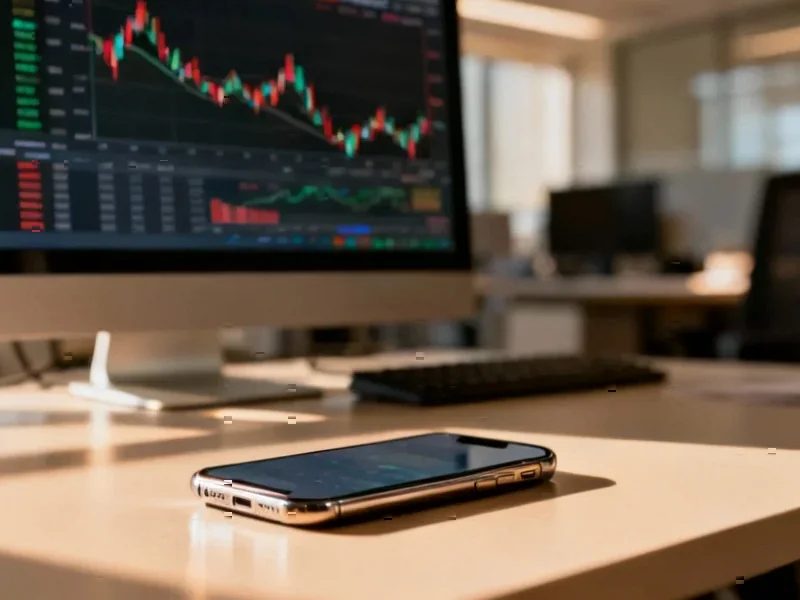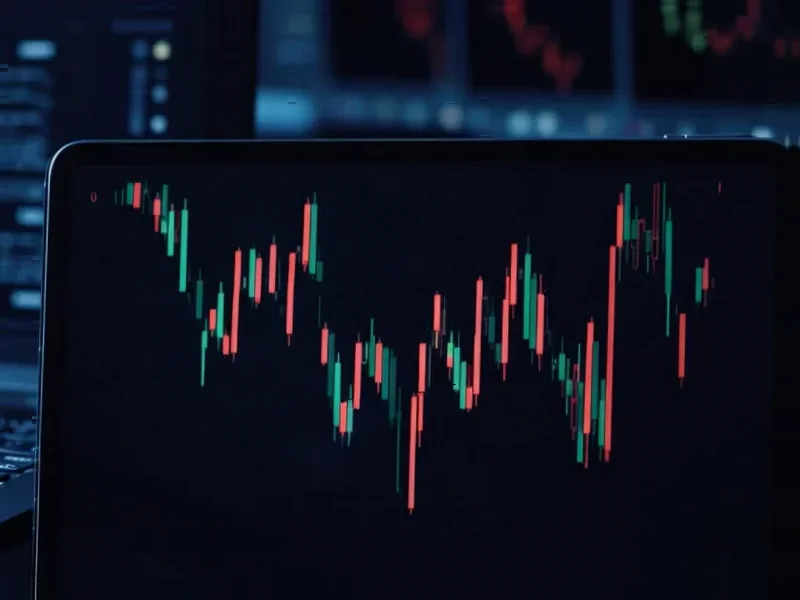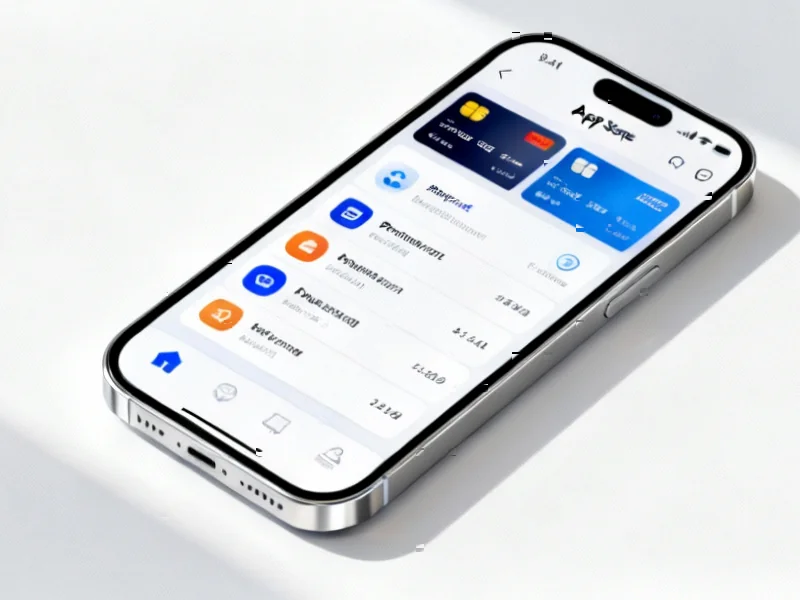According to CNBC, Apple’s stock jumped more than 24% in the third quarter, creating an attractive profit-taking opportunity for Warren Buffett after he already slashed two-thirds of Berkshire Hathaway’s Apple shares earlier in 2024. The investment firm also trimmed its Apple stake in the second quarter, though the iPhone maker remained Berkshire’s largest holding with 280 million shares worth $57 billion at the end of June. Investors will get definitive clarity on the exact size of Berkshire’s Apple position when the company releases its detailed 13F filing to the Securities and Exchange Commission later this month, disclosing any changes to individual stock holdings through September 30. This selling spree comes as Berkshire has been a net seller of stocks for 12 straight quarters, raising over $6 billion in cash in Q3 alone. This systematic portfolio rebalancing suggests deeper strategic shifts are underway.
The Portfolio Concentration Dilemma
What makes Buffett’s Apple exit particularly noteworthy is how it represents a reversal of his own investment philosophy regarding concentration. For years, Buffett famously advocated for putting your eggs in few baskets and watching them carefully, yet Apple had grown to represent more than half of Berkshire’s entire equity portfolio at its peak. This level of concentration created significant single-stock risk that contradicted the diversification principles most institutional investors follow. The systematic reduction brings Berkshire’s portfolio back toward more traditional risk management parameters while locking in substantial gains from one of the most successful investments in the firm’s history.
The Cash Advantage in Volatile Markets
Berkshire’s $6 billion cash raise in Q3 alone points to a broader defensive positioning strategy. With Buffett’s preferred market valuation metric—comparing total U.S. stock market capitalization to gross national product—reaching all-time highs, cash provides both protection and opportunity. Historically, Buffett has deployed massive cash reserves during market downturns to acquire quality assets at distressed prices, as seen during the 2008 financial crisis and the COVID-19 market panic. The current cash build suggests he’s preparing for similar opportunities should market conditions deteriorate. This approach allows Berkshire to be a buyer when others are forced sellers, creating the kind of asymmetric returns that have defined his career.
Apple’s Strategic Crossroads
While Buffett cited tax considerations for the initial sales, the scale of the reductions likely reflects concerns about Apple’s ability to maintain its dominant position amid shifting technology landscapes. The company faces significant headwinds including regulatory pressures in both the U.S. and EU, slowing iPhone upgrade cycles, and intensified competition in China from domestic manufacturers like Huawei. More fundamentally, Apple’s struggle to identify its “next big thing”—whether in artificial intelligence, automotive, or augmented reality—creates uncertainty about its growth trajectory at current valuation multiples. For a value-oriented investor like Buffett, paying premium prices for uncertain future growth represents a departure from his core principles.
The Buffett Succession Implications
These portfolio moves also provide insight into how Berkshire’s investment approach may evolve under future leadership. The Apple position was quintessential Buffett—a simple-to-understand business with strong brand loyalty and pricing power. Its reduction, alongside other portfolio changes, suggests the investment team led by Todd Combs and Ted Weschler may be exerting greater influence. This transition period is critical for assessing whether Berkshire can maintain its legendary returns without Buffett’s singular decision-making. The increased cash position provides incoming leadership with flexibility to make their mark while reducing pressure to immediately deploy capital in a fully-valued market.
Market Signaling and Investor Psychology
Buffett’s actions carry weight beyond Berkshire’s portfolio, serving as a barometer for sophisticated institutional sentiment. The consistent selling across 12 consecutive quarters represents one of the most prolonged risk-off signals from the Oracle of Omaha in decades. While individual investors might focus on the Apple-specific implications, the broader message concerns overall market valuation and risk assessment. History shows that when Buffett builds cash aggressively, it often precedes market corrections or at least indicates limited attractive opportunities at current prices. This psychological impact could influence other institutional investors to reassess their own risk exposure and valuation assumptions.




